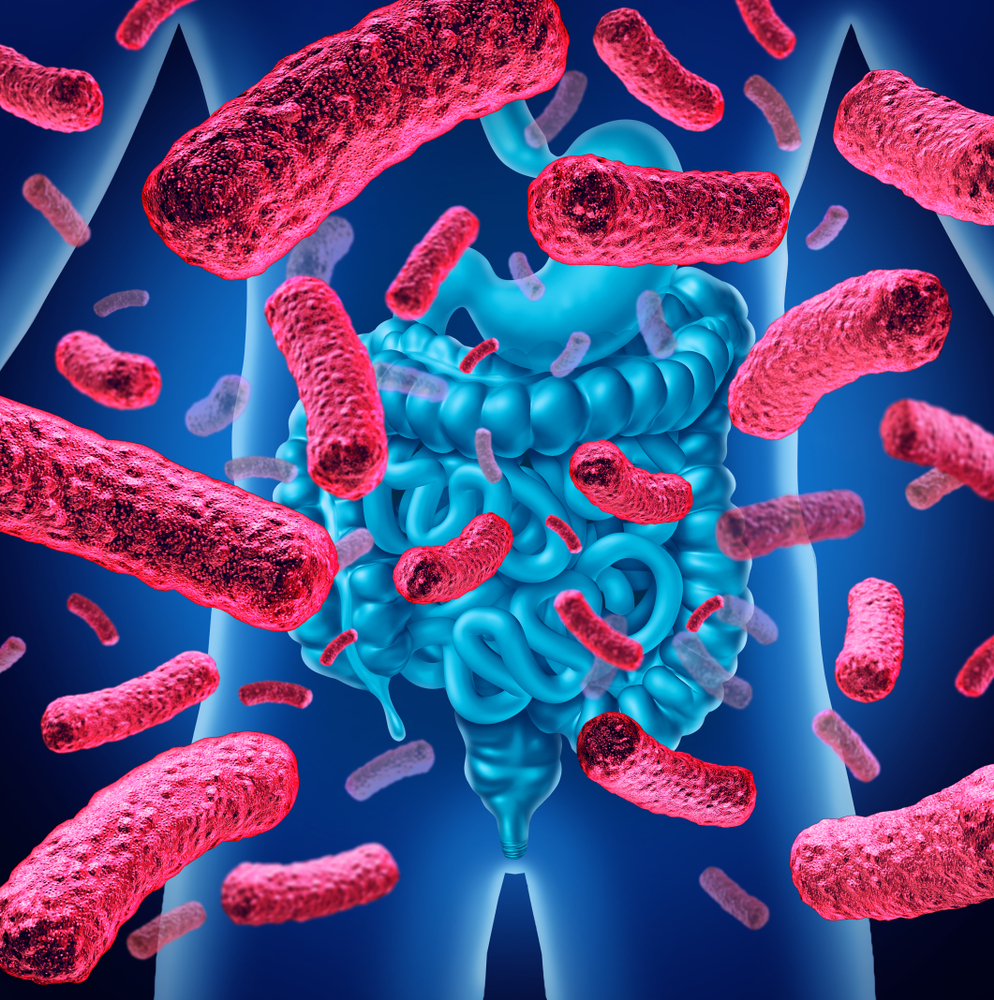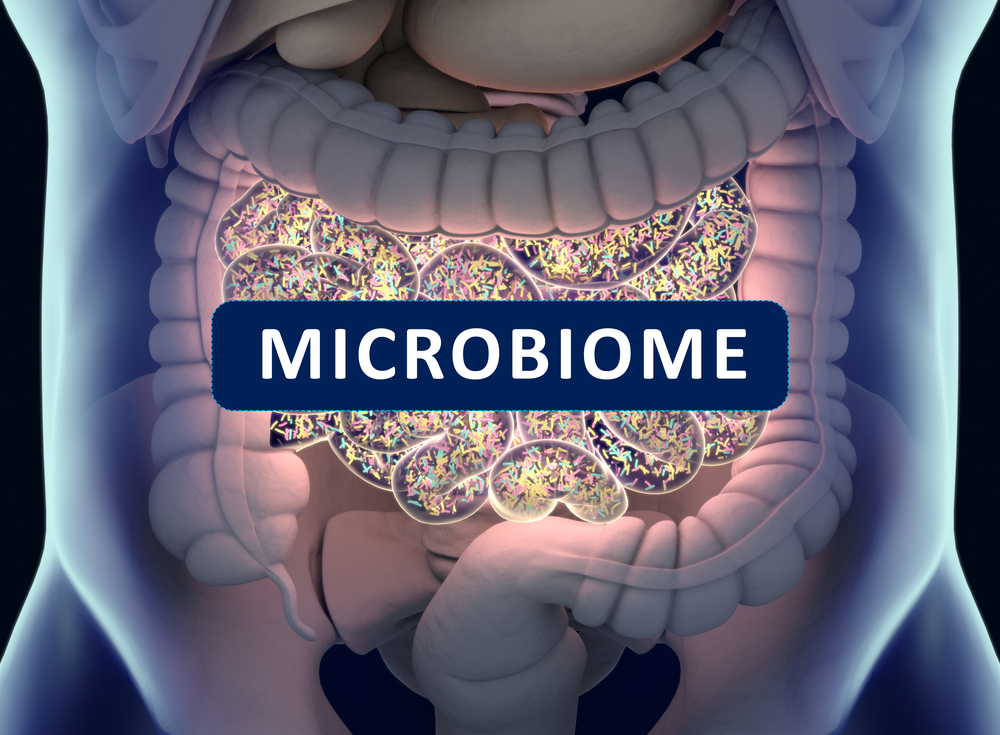The gut microbiome, the complex community of microorganisms living in our digestive system, plays a crucial role in our overall health. A balanced gut microbiome is not only essential for efficient digestion but also impacts our immune system, mental health, and even the risk of certain diseases. This article will explore the importance of maintaining a healthy gut microbiome, the role of probiotics and prebiotics, and dietary changes that can promote gut health.
Understanding the Gut Microbiome
The gut microbiome consists of trillions of bacteria, viruses, and fungi. A healthy gut has a diverse range of these microorganisms, each playing a unique role in bodily functions. Imbalances in the gut microbiome can lead to issues like irritable bowel syndrome (IBS), inflammatory bowel disease (IBD), and even affect mental health through the gut-brain axis.

Probiotics and Prebiotics: Supporting a Healthy Gut
- Probiotics: These are live beneficial bacteria found in certain foods and supplements. They can help restore the natural balance of the gut microbiome. Common sources of probiotics include yogurt, kefir, sauerkraut, tempeh, and miso.
- Prebiotics: Prebiotics are dietary fibers that feed the beneficial bacteria in the gut. Foods rich in prebiotics include garlic, onions, leeks, asparagus, bananas, and whole grains.
Dietary Changes for a Healthy Gut
- Diverse Diet: Eating a wide range of foods can promote a diverse gut microbiome. This includes a variety of fruits, vegetables, legumes, and whole grains.
- Fermented Foods: Incorporating fermented foods into your diet can increase your intake of natural probiotics.
- Limiting Processed Foods: Highly processed foods can negatively impact gut health. Minimizing these in your diet can help maintain a healthy gut microbiome.
- Stay Hydrated: Adequate water intake is essential for digestive health and can help maintain the balance of the gut microbiome.

Lifestyle Factors Influencing Gut Health
Besides diet, other lifestyle factors can impact gut health. Regular exercise, adequate sleep, and stress management are also important for maintaining a healthy gut microbiome.

A balanced gut microbiome is key to not only digestive health but also has far-reaching effects on overall well-being. By incorporating probiotics and prebiotics into your diet, eating a diverse range of foods, and adopting a healthy lifestyle, you can support the health of your gut microbiome, which in turn can contribute to a healthier you.
Up Next
In our next article, we will delve into the world of antioxidants – their role in the body, sources, and how they contribute to health and longevity. We’ll explore various antioxidant-rich foods and ways to include them in your diet to combat oxidative stress and support overall well-being. Join us as we uncover the power of antioxidants in maintaining health and vitality.

